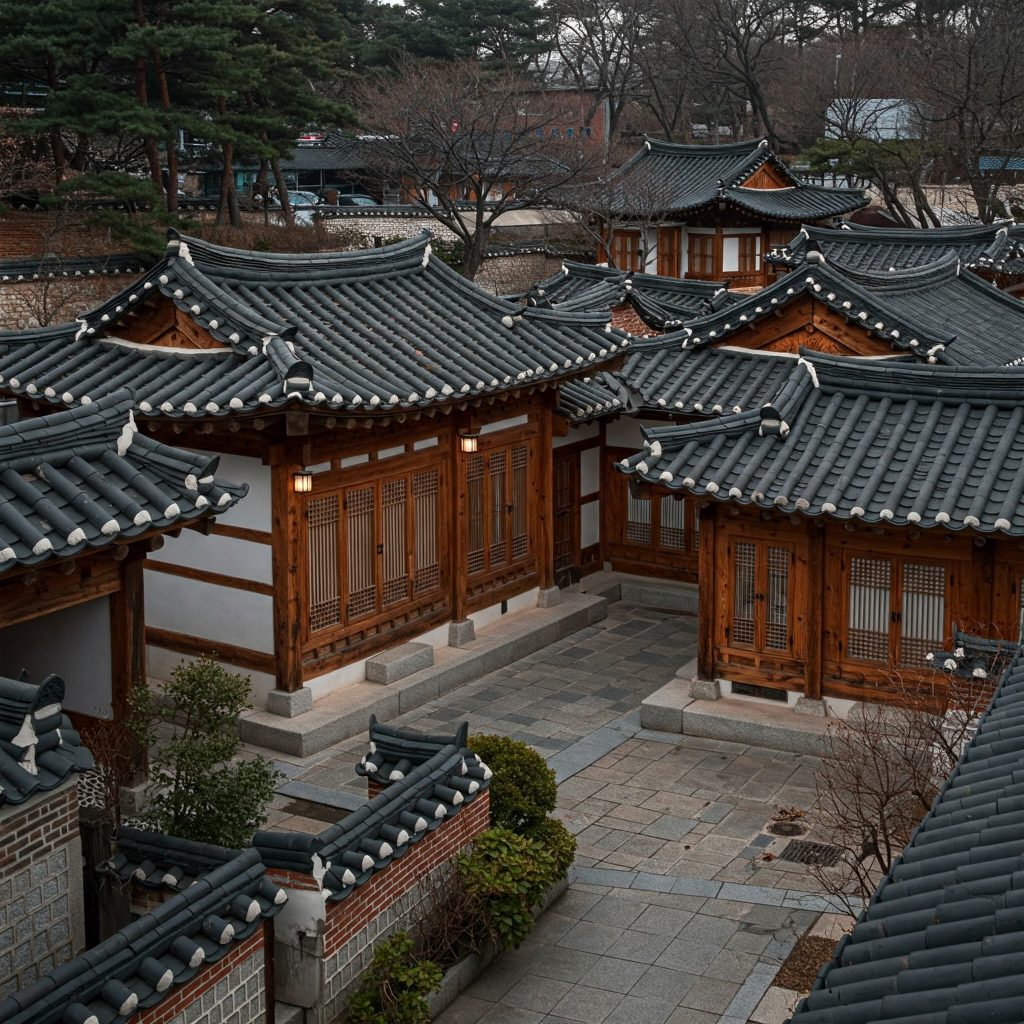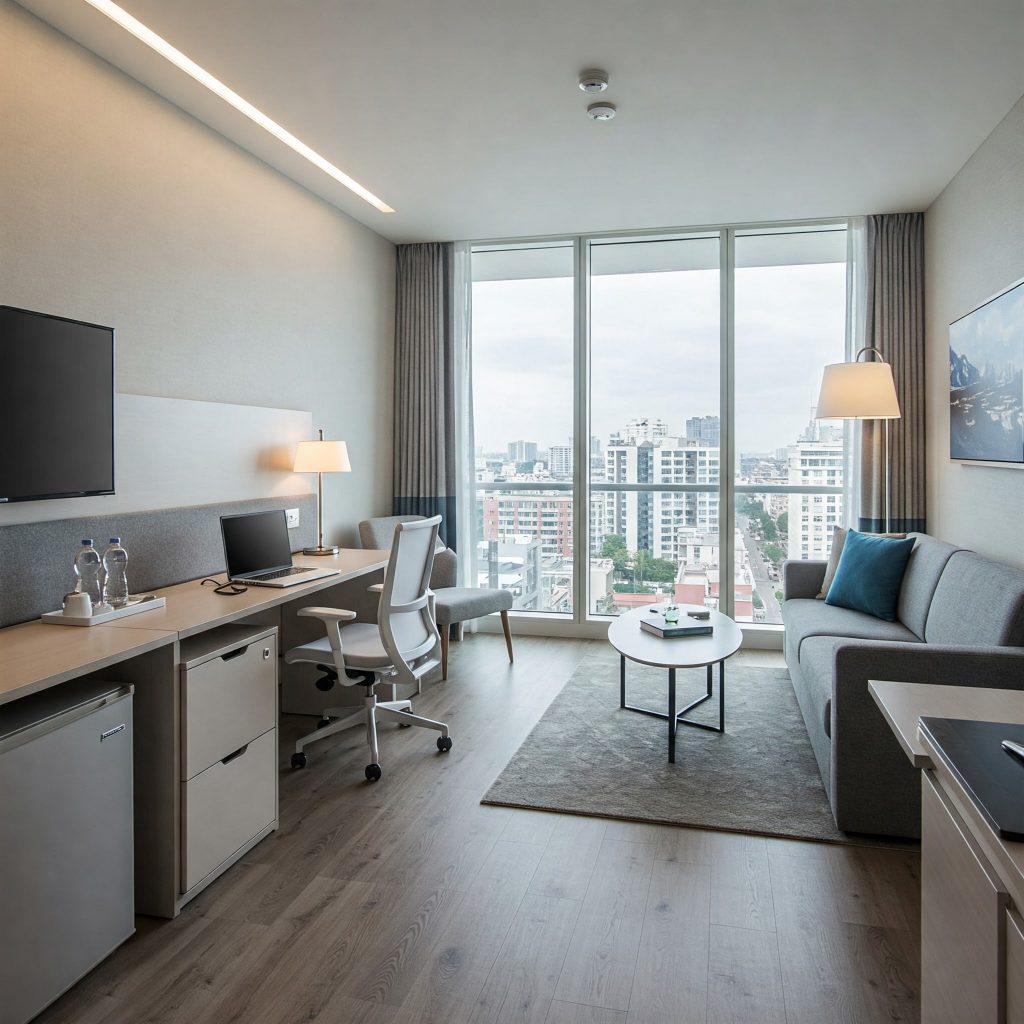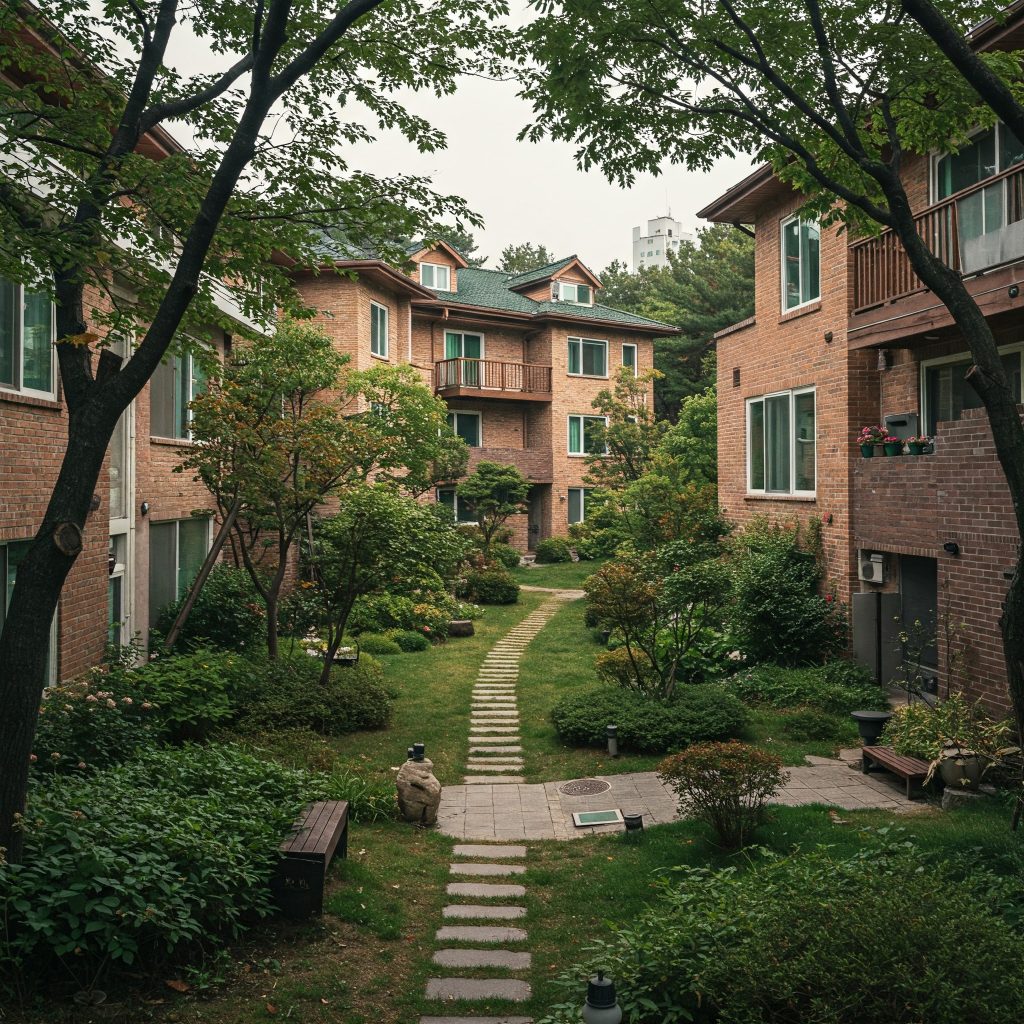



Jeonse (Key Money Lease)
In this system, tenants pay a large upfront deposit—often 50-80% of the property’s market value—instead of monthly rent. At the end of the lease, the deposit is returned. This model can be advantageous if you have sufficient savings and prefer not to deal with monthly payments.
Wolse (Monthly Rent)
More common in smaller apartments and goshiwons, Wolse requires a smaller deposit with regular monthly rental payments. This option provides greater flexibility for short-term stays or if you prefer spreading costs over time.

